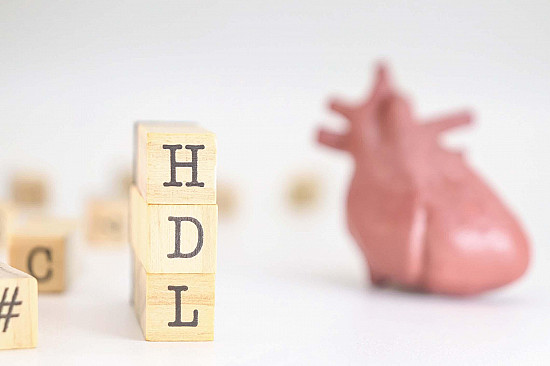Should I get a calcium score?
Ask the doctor

Q. I'm wondering if I should get a test to check my calcium score. I'm 52 and in good health. My LDL cholesterol level is normal (97 mg/dL), but my father had a heart attack in his late 40s.
A. The artery-clogging plaque that builds up inside the heart's arteries contains cholesterol, inflammatory cells, scar tissue, and calcium. A coronary artery calcium scan (often called a calcium score) uses a special type of CT scan to look for that calcium, which is then quantified on a scale from zero to over 1,000. A score of zero indicates no calcified plaque. The higher the score, the more plaque is present. Findings from large studies link higher calcium scores to a higher risk of a heart attack or stroke.
While a calcium score can be informative, the scans don't make sense for everyone. Not all cholesterol plaques have become calcified in younger people, so the scans aren't usually recommended for people under 40. Anyone who already has known heart disease doesn't need a calcium scan. That's because the results likely wouldn't change a doctor's treatment recommendations, which would very likely include a statin.
However, if you're at risk for heart disease but don't have any symptoms, knowing your calcium score can help you decide whether to start taking a statin. Statins can help lower your risk of heart disease even if your LDL cholesterol is in the normal range. Current guidelines suggest that people estimate their 10-year risk of cardiovascular disease with a calculator from the American College of Cardiology, available at /ascvd. Statins are recommended for people with a score of 7.5% or higher. However, the score doesn't capture other possible situations that may elevate your risk — which include a family history of premature heart disease (defined as coronary artery disease occurring in men younger than 55 or women younger than 65).
Calcium scans are readily available, quick, and painless. For the test, you simply lie on your back. The scanner then takes multiple pictures of your heart over the course of about five minutes. It involves some radiation exposure, although not as much as a standard CT scan. The cost (around $100) is usually covered by insurance. But keep in mind that the test isn't mandatory. Another option is to skip the test and simply start taking a statin. But for someone like you, who may have inherited a higher-than-normal heart disease risk, a calcium scan can give you a better sense of your risk and inform your doctor's advice.
Image: © Dana Neely/Getty Images
About the Author

Christopher P. Cannon, MD, Editor in Chief, Harvard Heart Letter; Editorial Advisory Board Member, Harvard Health Publishing
Disclaimer:
As a service to our readers, Harvard Health Publishing provides access to our library of archived content. Please note the date of last review or update on all articles.
No content on this site, regardless of date, should ever be used as a substitute for direct medical advice from your doctor or other qualified clinician.
















